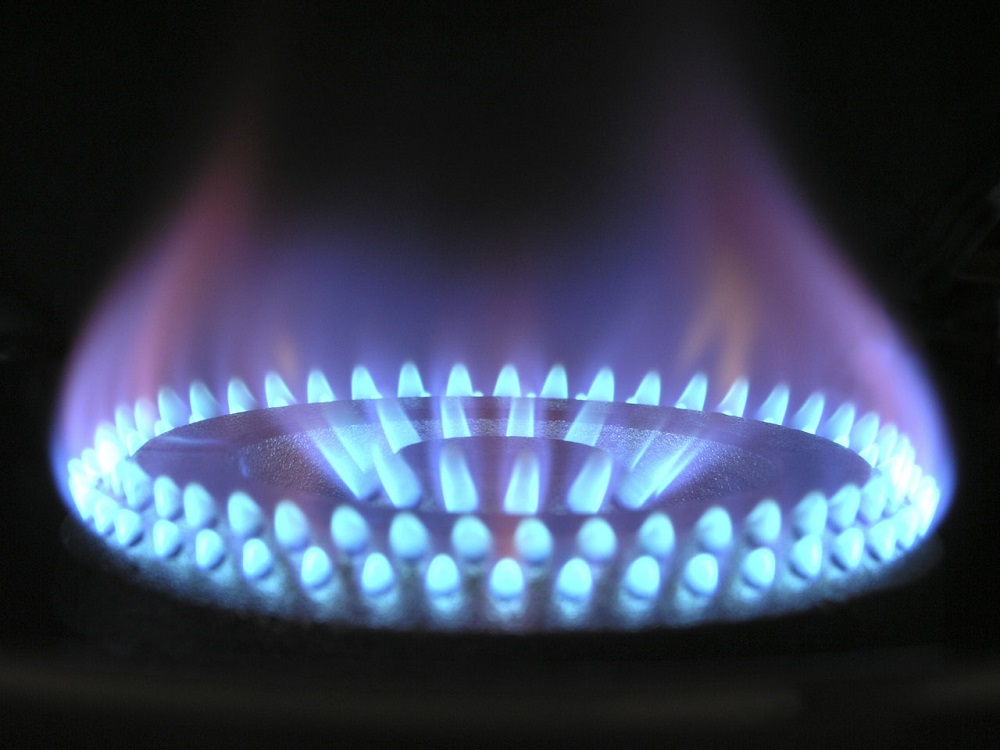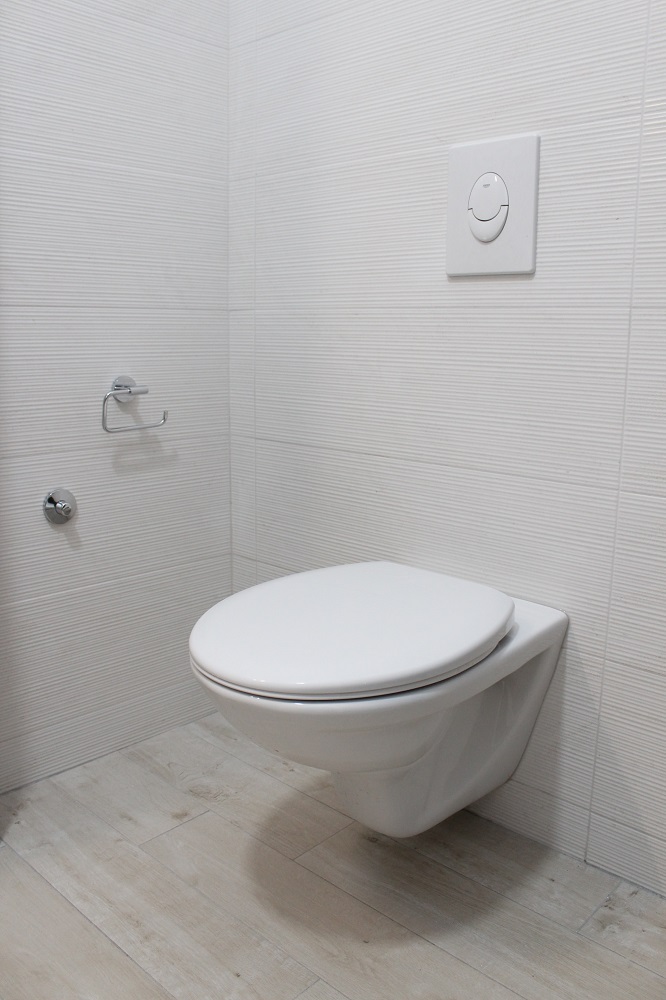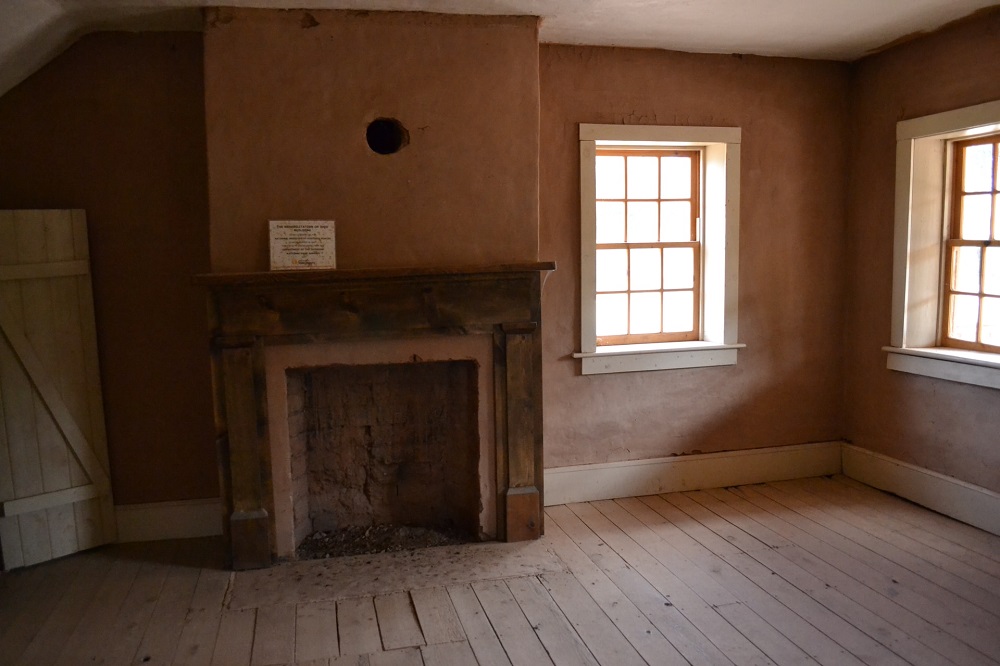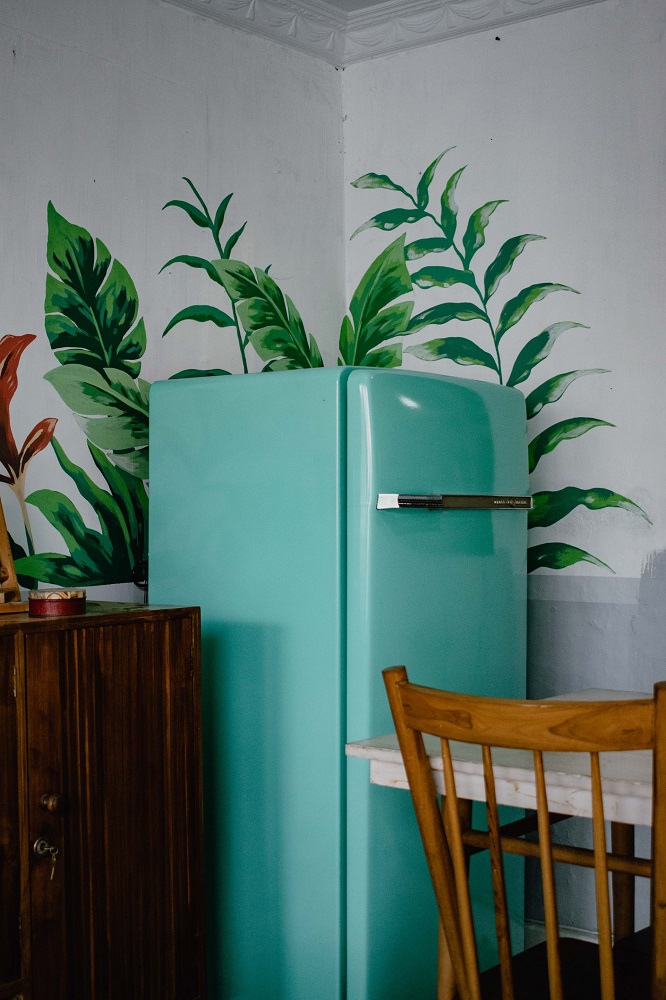
Certain smells in your home could be a sign of danger. Below are just a few odours that should never go ignored.
Rotten eggs
Most of us are familiar with this smell – the smell of gas. It could be a sign that there’s a gas leak in your home. This could put you at risk of carbon monoxide poisoning or it could trigger an explosive fire.
If you smell gas and aren’t sure of the source, open all windows and doors in your home and turn off the gas at the mains. Don’t use any switches or appliances that could cause a spark. Get out of your home and then call an emergency plumber.
Burning smells

Burning smells are obviously not a good sign. If you’re not cooking anything, consider what else could be causing the burning. A rubbery burning smell could be a sign of an electrical problem – which could turn into an electrical fire if not solved.
You may be able to follow the smell to find out exactly where it’s coming from. If you suspect that it could be an electrical problem, turn off the power in your home and start looking into local emergency electricians. If you can see visible smoke, leave your house immediately and call 999.
Sewerage odour

If your home smells of sewage, it could be a range of problems including a dry p-trap or possibly a poorly installed vent pipe. Solving the problem quickly could be essential – on top of making your home unpleasant to live in, this smell could be a sign that there are toxic gases in the air such as hydrogen sulfide and ammonia (high levels of these gases could be dangerous).
A dry p-trap may be able to be solved simply by running water through the sink or toilet causing the smell. If this isn’t the cause, consider calling up a plumber to inspect the problem.
Damp mustiness

A musty smell is a sign of mould. This fungus is very common in homes and should not be ignored. Not only is it unsightly, but it can also be a health hazard – breathing in spores could lead to respiratory problems.
Mould is sometimes visible, however if there are no obvious signs of it, it’s possible that it could be growing in a cupboard or behind some furniture. While you can get rid of mould by scrubbing it away with water and bleach, it’s important to tackle the source to prevent return outbreaks. Poor ventilation, leaks and rising damp are all common causes of mould (the fungus loves moisture).
Chemical smells

Strange chemical smells around your home should also not be ignored. If the smell is making you feel nauseous or light headed, it’s likely cause for concern. There could be many causes – you may have mixed two cleaning chemicals together that are having a toxic reaction or it could be a freon leak from a refrigerator or air conditioning unit.
In all cases, open all windows and doors in your home to help ventilate the place. If you suspect it could be a freon leak, call an A/C or refrigerator repair technician to take a look.


